Rats are one of the most common pests in Marin. They can be anywhere: your yard, garage, maybe even in your home or car. Learn how to get rid of rats without pesticides!
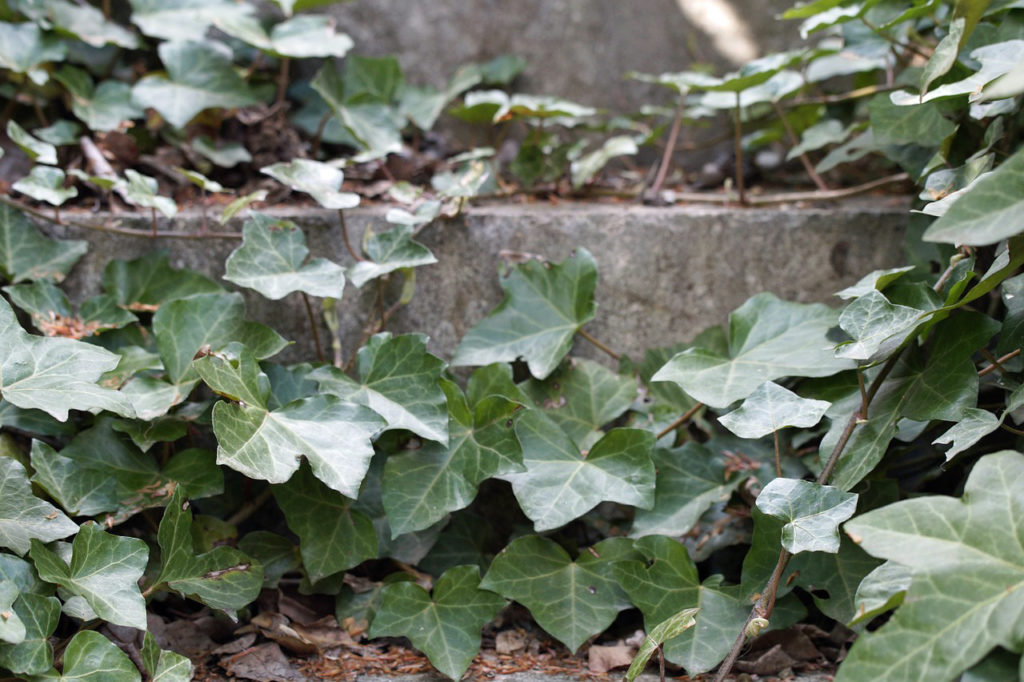
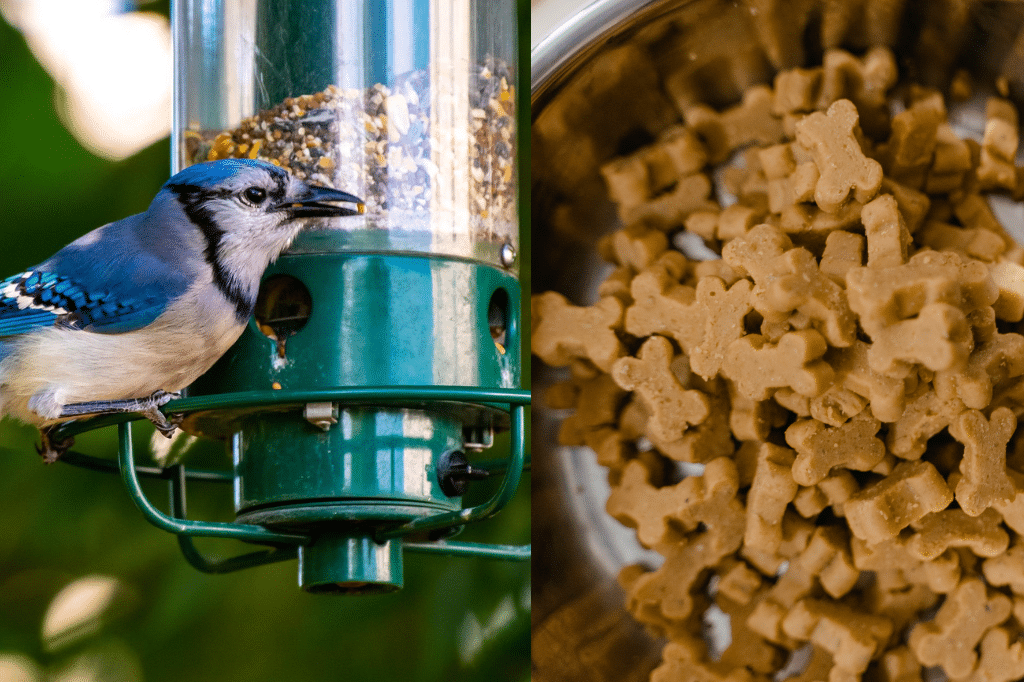
Prevent Rat Problems
Prevention is always best. Here are tips for keeping rodents away:
Eliminate access points
- Rats can gain access to your home through a hole as small as a quarter or a crevice as thin as a marker. Inspect your home carefully and secure any possible points of entry. Check out this video for common access points around your home so you can do a preventative review. This video explains how to plug the holes that you may find. Marin/Sonoma Mosquito Vector Control District offers a Rodent Program that provides FREE home inspections to help identify rodent entry points and more.
- Cold weather causes rats to seek someplace warm to nest. This can include your car and they can cause thousands of dollars of damage. If you park outside, avoid areas where rats may be living and close the AC vents to prevent access to the interior of your car. Regularly check your engine for signs of rats.
Manage Vegetation
- Remove ivy and other dense ground covers which provide shelter to rats.
- Prune tree branches so they do not come near your roof. This will give rats a whole new access point that is more difficult for you to inspect and repair.
Limit access to food and water
- Don’t leave pet food and water outside; they attract rats.
- Think twice before having a bird feeder. Fallen seeds attract rats. You can welcome just as many birds by planting the right trees and plants! Native plants are highly recommended and here are other tips for attracting birds to your yard.
- Chicken coops are very attractive to rodents. If you have one, take precautions.
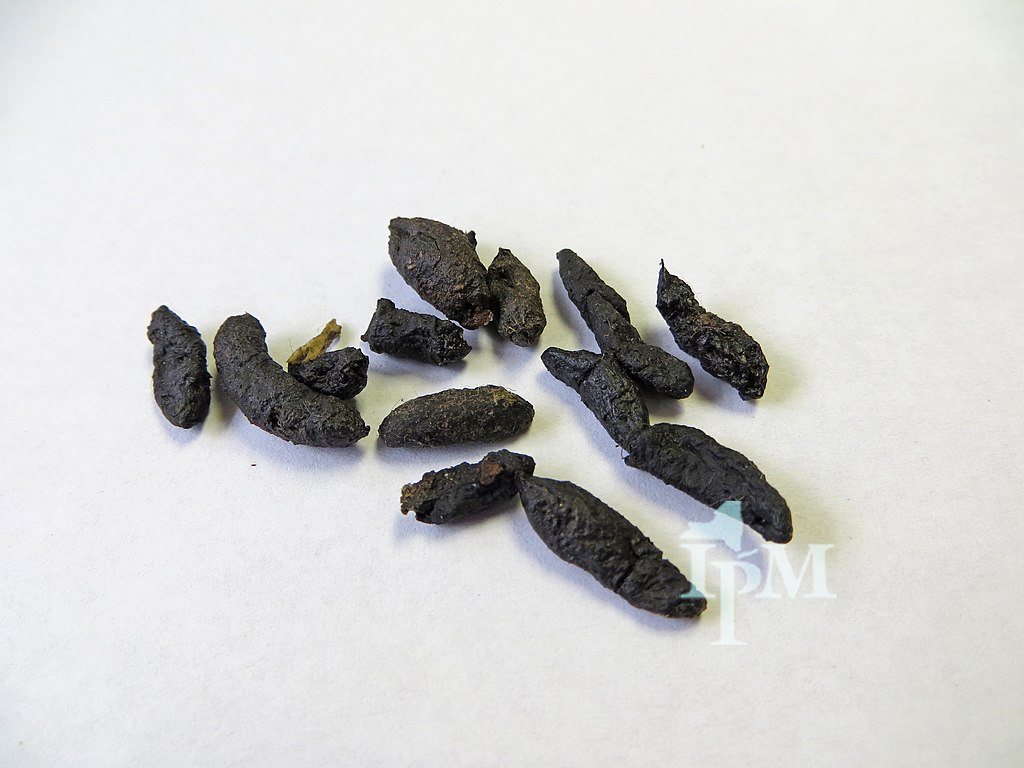
Signs of a Rat Problem
You might never see them because they are most active at night. Instead, look for signs like:
- Trails of comma-shaped droppings, each pellet usually 1/2 inch or longer
- Chewed electrical wires in home or car
- Holes in food packaging
- Birdseed disappearing overnight
- Fruits and vegetables in your garden with bite marks
As soon as you see one of these signs, you want to make a plan to get rid of the rats!
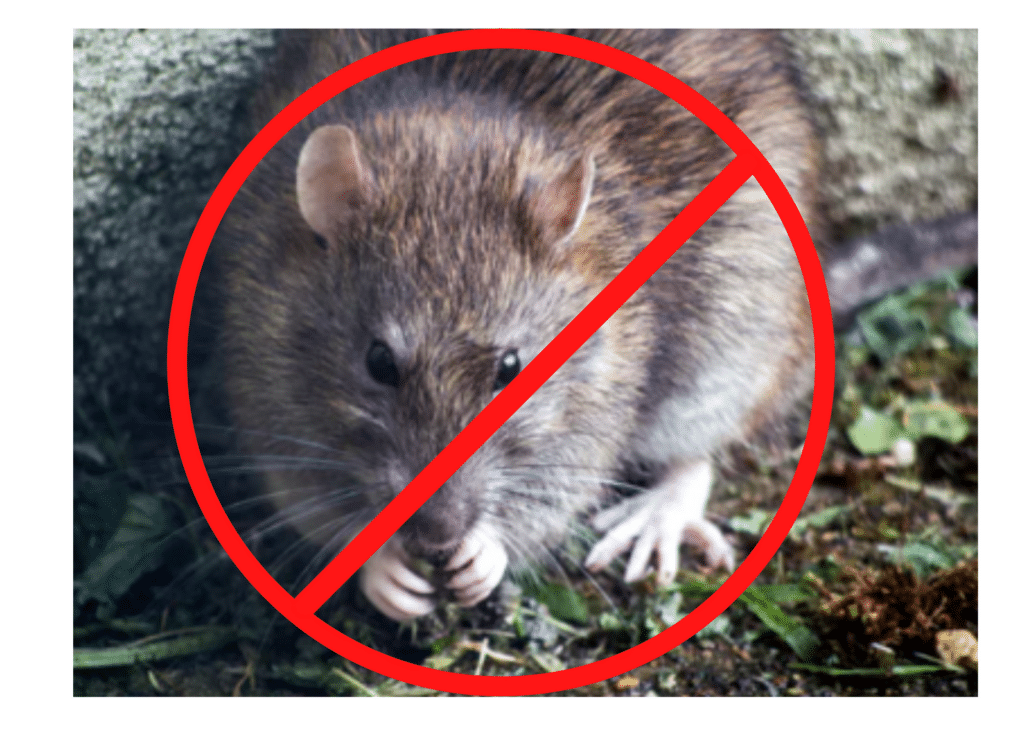
Dangers of Rats
Rats can cause serious problems. They can:
- Transmit disease and their urine and dander are linked to increased rates of asthma and allergies
- Damage your home or car, gnawing through doors, walls, insulation and wires – they can even undermine your foundation
- Damage your ornamental plants and eat your garden crops
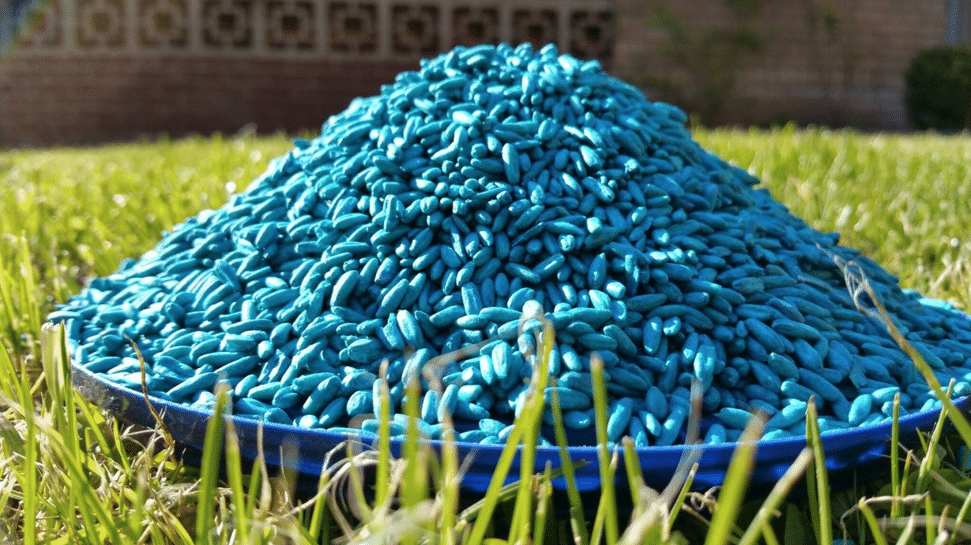
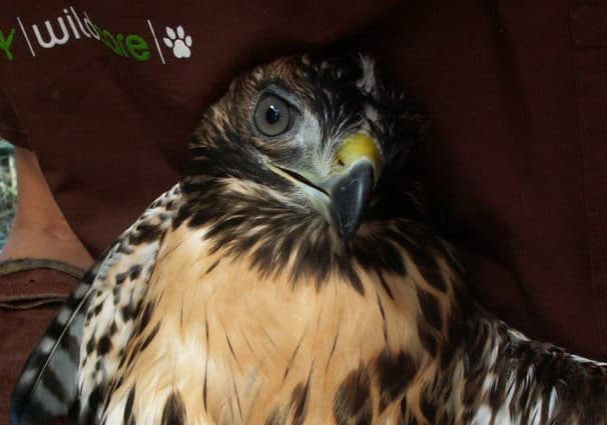
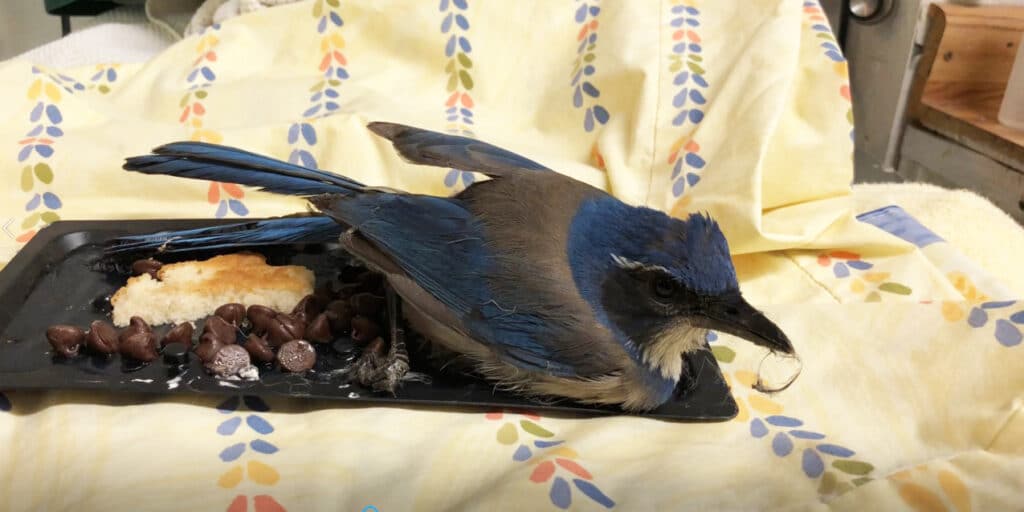
How (Not) to Get Rid of Rats
Never use rat poison (rodenticide)!
- Poisons are dangerous! Some rat poisons are brightly colored and contain tasty flavorings, which may attract young children, pets, and wildlife, putting them at risk of accidental poisoning.
- Rat poison hurts more than rats. Once the rodent eats the poison, anything that eats it will also ingest the poison. This creates a secondary risk to pets and wildlife. WildCare reports that 76% of raptors and other rodent-consuming wildlife brought into their facility have tested positive for secondary rodenticide poisoning, which causes a slow and painful death.
- There are some eco-friendlier baits but the rats won’t die unless the bait is their only source of food. Since rats eat so many things, these baits are rarely your most effective option.
- Rodenticides don’t kill immediately. You won’t be happy if rats die in your walls – the smell is awful and it can last for weeks. Their decomposing bodies can also attract insects which may later feast on your carpets or clothing.
Never use glue traps!
- Children, pets, songbirds, and other wildlife can get stuck to the incredibly sticky surfaces. Learn more about these dangers here.
- If you find a live rat caught in the glue trap, you will have to kill it.
- If you don’t check the trap regularly, a trapped rat may be left to slowly starve to death, or gravely injure themselves in an attempt to get free. Glue traps are cruel so please don’t use them!
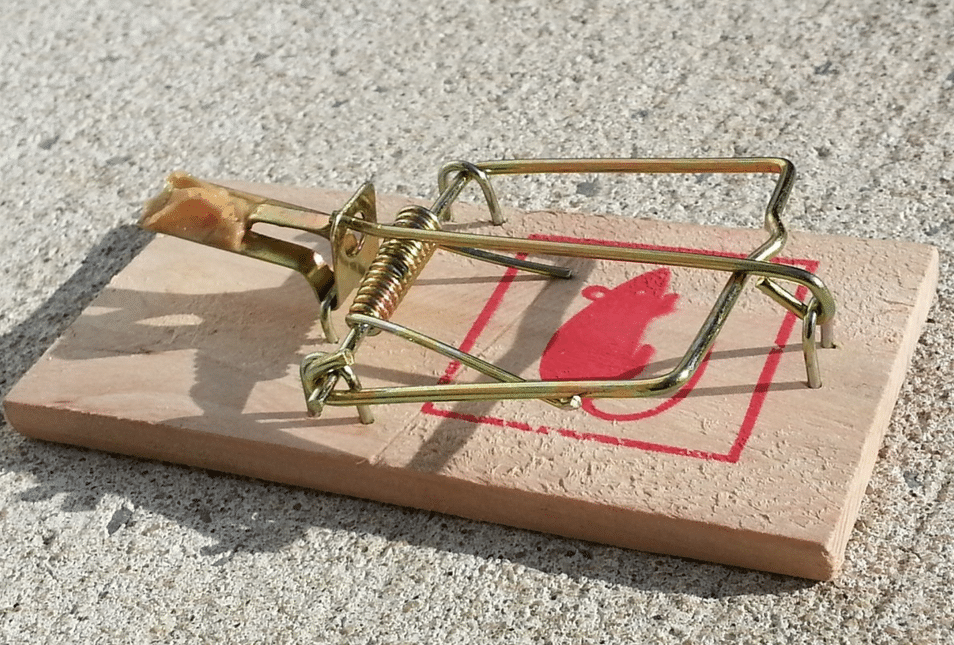

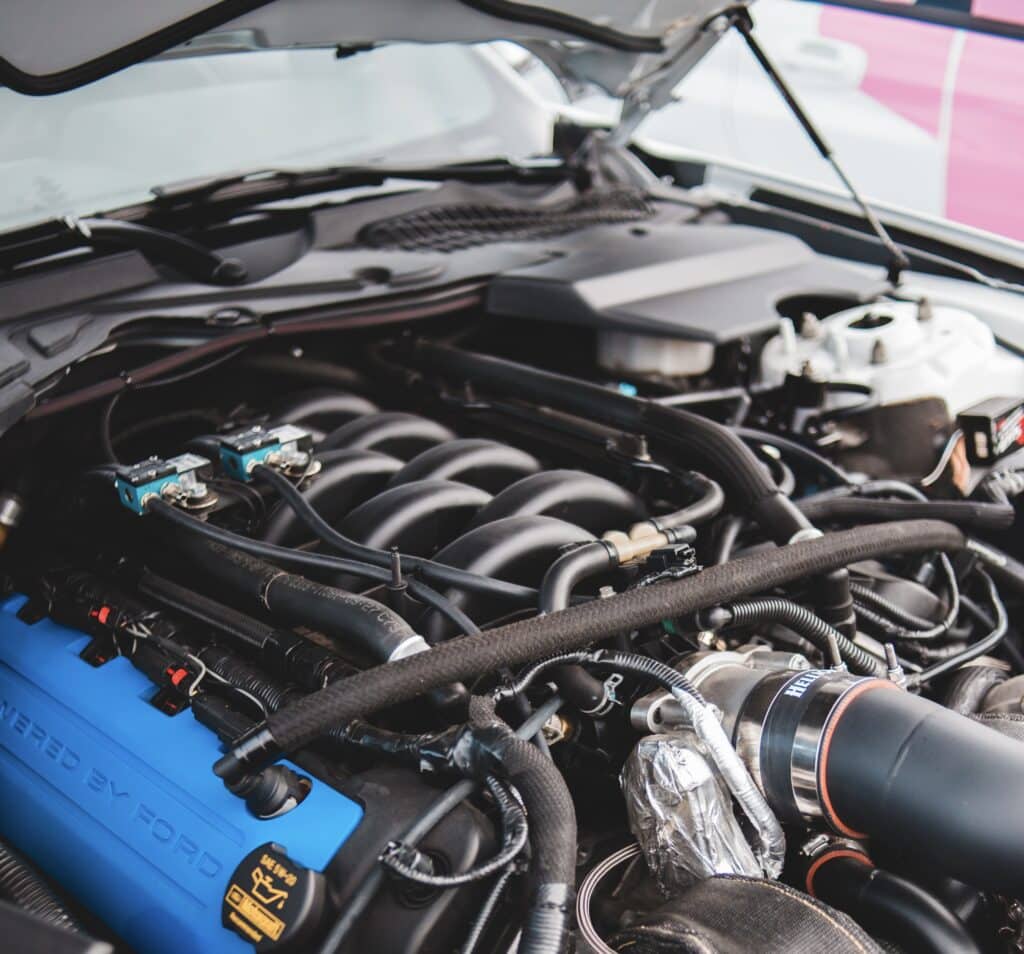
The Best Ways to Get Rid of Rats
Here are more humane, safe, and effective ways to manage rats:
We recommend traps
- Snap traps are an effective and humane way to kill rats and other rodents. This video recommends a good rat trap and provides suggestions for how to avoid injuring birds, children, or pets when using traps. Set multiple traps, choose the right bait, and learn the importance of their placement. This new trap is expensive but the bait lasts up to 6 months and it automatically re-sets itself so you don’t have to keep checking it.
- Rats are very cautious. To overcome their fear of new things, bait traps but do not set them. Once the rats have taken the bait 3-5 times, then you can set the trap. You may be tempted to skip this step but be patient and you will be more successful in the long run.
- Rats can also be picky eaters! Test different baits to see what they like. If you know what they have been eating (e.g. pet food or chocolate bars), that’s a good place to start.
- Treatment recommendations may vary depending on the species of rat. The two most commonly found in Marin County are the Norway rat and the roof rat. Learn how to identify them here. If you have burrowing rats, carbon monoxide is another option.
Welcome their predators
- Raptors are great natural rodent control! Encourage these rat predators to live nearby by hosting an owl nesting box or installing a raptor perch on your property.
- Here is how you can make your yard more welcoming to snakes.
Clean up is critical
- It is critical to clean up rodent droppings, urine, and nest materials. Follow this advice from the CDC to do it safely.
- If you have rats nesting in your car, this video explains how to clean out the engine and then add peppermint oil to prevent reinfestation. (Although there are no studies to prove the efficacy of the essential oil, many people find it works. Reapply if the scent begins to fade.)
Prevention is best
- To avoid future rat problems, be sure to implement our Prevention tips (above)!
Have more questions about rats or other rodents? Watch a recording of our webinars on the subject:
- “Keeping Rats & Mice Out!” in partnership with Our Water Our World and UC Marin Master Gardeners.
- “The Best Ways to Manage Rats” in partnership with UC ANR and WildCare
And remember: if you have a rat problem, chances are your neighbors do too! A coordinated approach to their management will be most successful. Contact YardSmartMarin if you’d like us to present information to your HOA or other neighborhood organization.